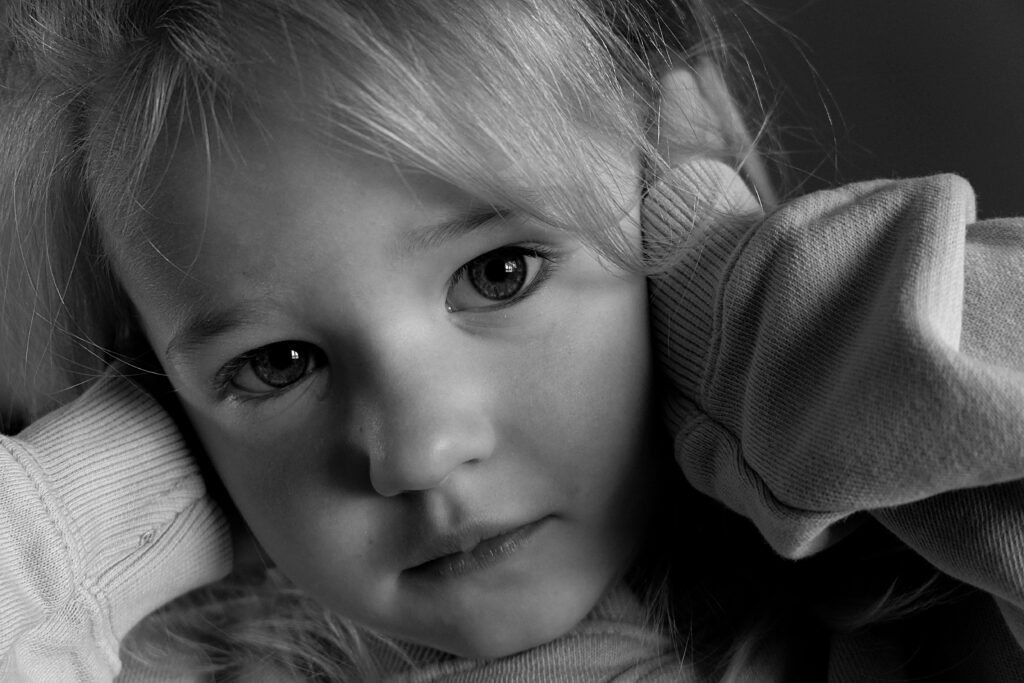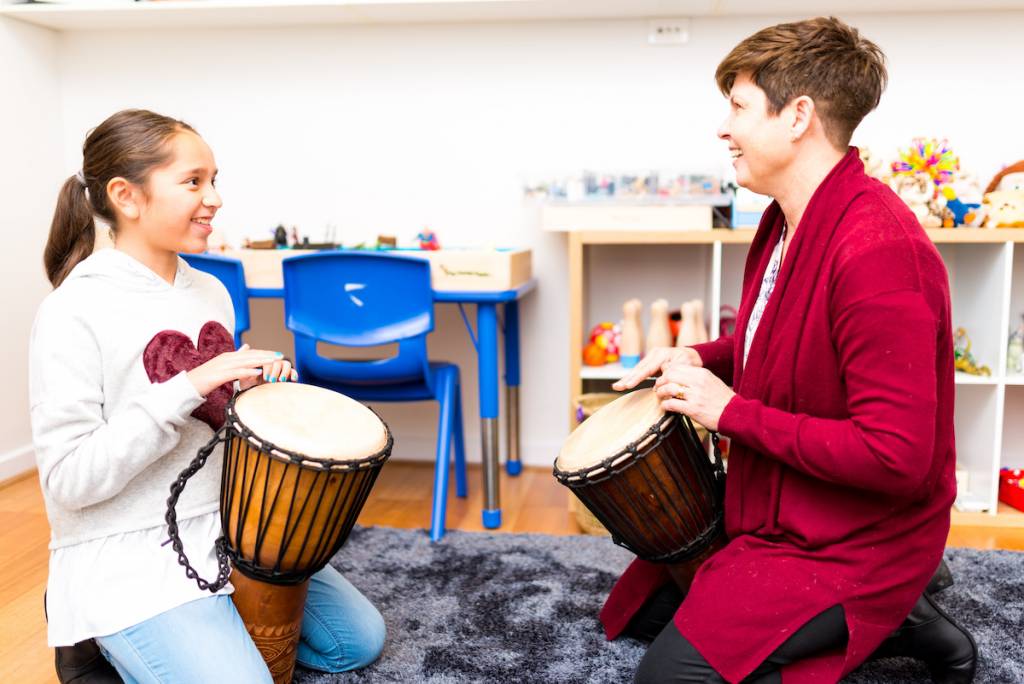Bullying has long been recognised as a prevalent issue that impacts children and their development, particularly during their primary school years. The consequences of bullying can extend beyond the immediate emotional distress of being bullied and have long-lasting effects on a child’s social development. In this blog, we will explore how bullying influences the social development of primary school-aged kids and why it is crucial to address this issue effectively.
Disrupted Relationships
One of the most apparent ways in which bullying affects social development is by disrupting relationships. Bullying often leads to isolation and exclusion from peer groups, making it challenging for children who have been bullied to form and maintain friendships. These children may feel alienated, rejected or unable to trust others. As a result, they may develop social anxiety or withdraw from social interactions, hindering their ability to develop healthy social skills.
Low Self-Esteem and Self-Confidence
Bullying can lead to low self-esteem and diminished self-confidence. Bullying in the form of harassment, humiliation, and derogatory remarks can chip away at a child’s sense of self-worth, making them doubt their abilities and contributions. This lack of confidence can inhibit their willingness to participate in group activities, express their opinions, or assert themselves in social situations.
Poor Academic Performance
Bullying doesn’t just impact a child’s emotional well-being; it can also have a detrimental effect on their academic performance. Children who have experienced bullying often have difficulties concentrating, experienced increased absenteeism, and reduced motivation to learn. The fear and stress associated with bullying can interfere with a child’s ability to focus on their studies, leading to a decline in grades and general academic achievement.
Emotional and Mental Health Issues
The emotional and psychological impact of bullying can have long-lasting consequences on a child’s mental health. Victims of bullying are more likely to experience anxiety, depression, and other mental health issues. These struggles not only affect their social development but can also have a profound impact on their overall well-being. Without proper support and intervention, the emotional scars left by bullying can persist into adulthood, leading to a range of mental health challenges.
Addressing the Issue: Creating Safe and Supportive Environments
Parents play a crucial role in supporting their child who is experiencing bullying. Here are some strategies parents can use to provide effective support:
- Create a Safe and Supportive Environment: Foster an open and trusting relationship with your child, ensuring they feel comfortable discussing their experiences. Encourage them to express their feelings and concerns without judgment or blame.
- Listen and Validate: Take the time to actively listen to your child’s experiences and validate their emotions. Let them know that their feelings are important and that you believe and support them. Validating their experiences can boost their self-esteem and help them cope with the emotional impact of bullying.
- Provide Emotional Support: Offer reassurance and emotional support to your child. Help them understand that they are not alone and that bullying is not their fault. Assure them that you are there to support them throughout the process.
- Encourage Peer Relationships: Support your child in developing positive peer relationships outside the bullying context. Encourage participation in activities or clubs where they can meet new friends who share similar interests. Having a supportive peer group can provide a sense of belonging and protection against bullying.
- Collaborate with the School: Establish open lines of communication with your child’s school. Report incidents of bullying promptly and work together with teachers and administrators to address the issue effectively. Stay informed about the school’s anti-bullying policies and procedures and advocate for your child’s safety and well-being.
- Seek Professional Help if Needed: If your child is experiencing significant emotional distress or if the bullying persists despite your efforts, consider seeking professional help. A mental health professional can provide additional support and guidance to both you and your child.
Remember, every child’s situation is unique, and the strategies employed may vary. Trust your instincts as a parent and tailor your support to meet your child’s individual needs.
References
Arseneault, L. (2018). Annual Research Review: The persistent and pervasive impact of being bullied in childhood and adolescence: implications for policy and practice. Journal of Child Psychology and Psychiatry, 59(4), 405-421.
Copeland, W. E., Wolke, D., Angold, A., & Costello, E. J. (2013). Adult psychiatric outcomes of bullying and being bullied by peers in childhood and adolescence. JAMA Psychiatry, 70(4), 419-426.
Olweus, D. (2013). School bullying: Development and some important challenges. Annual Review of Clinical Psychology, 9, 751-780.
Whitney, I., Nabuzoka, D., & Smith, P. K. (2020). Bullying: A practical guide to coping for schools (4th ed.). Routledge.




